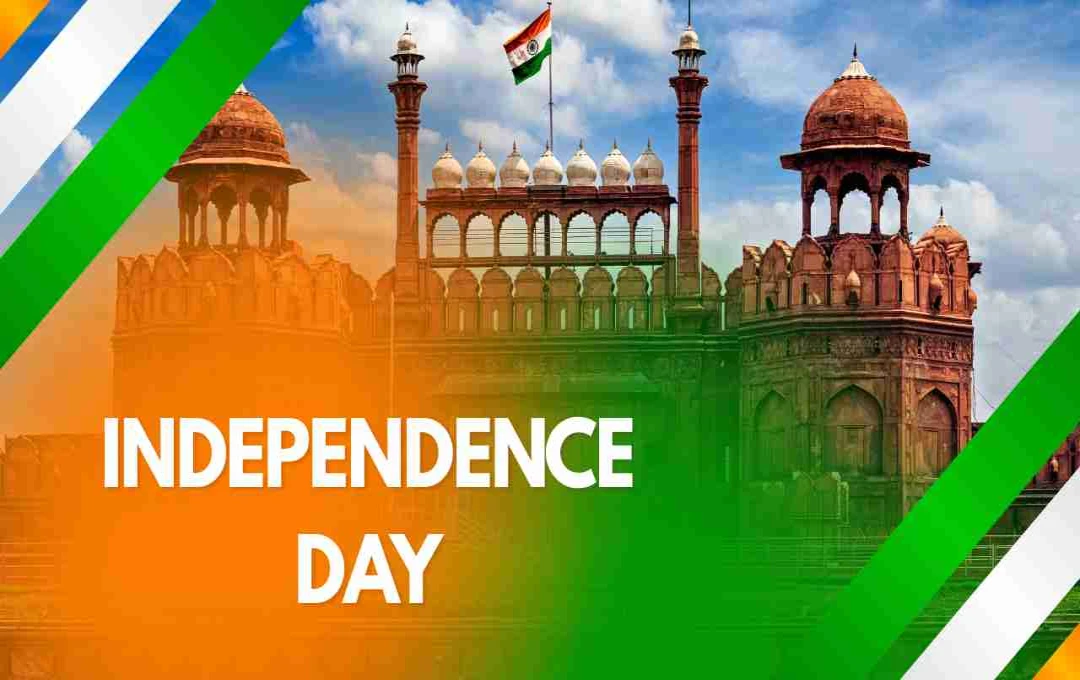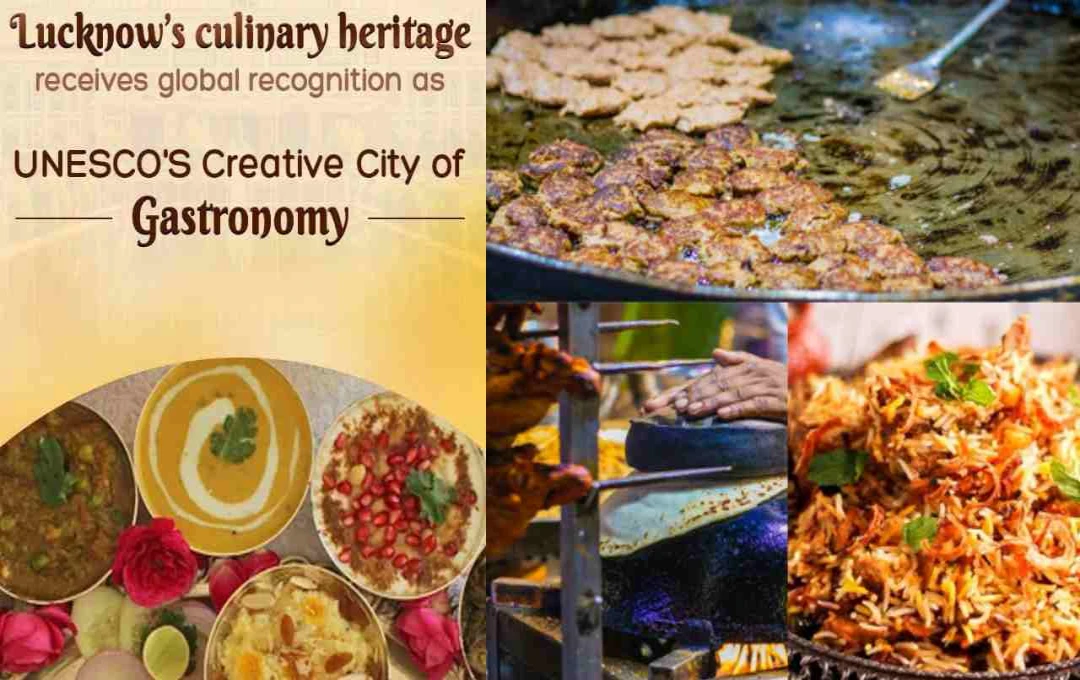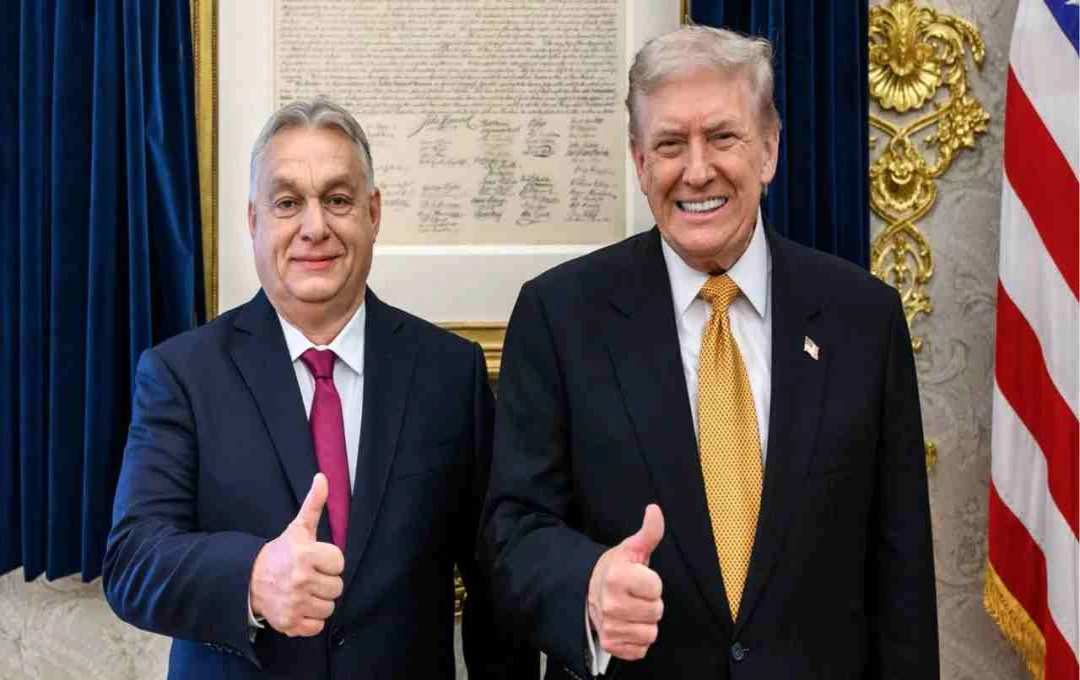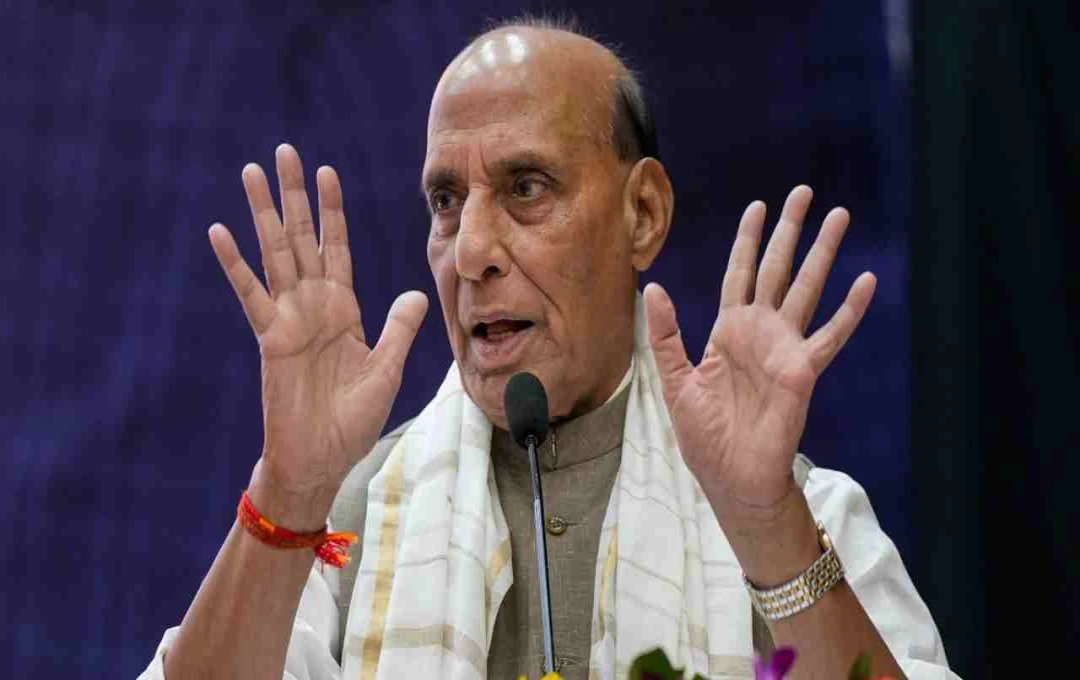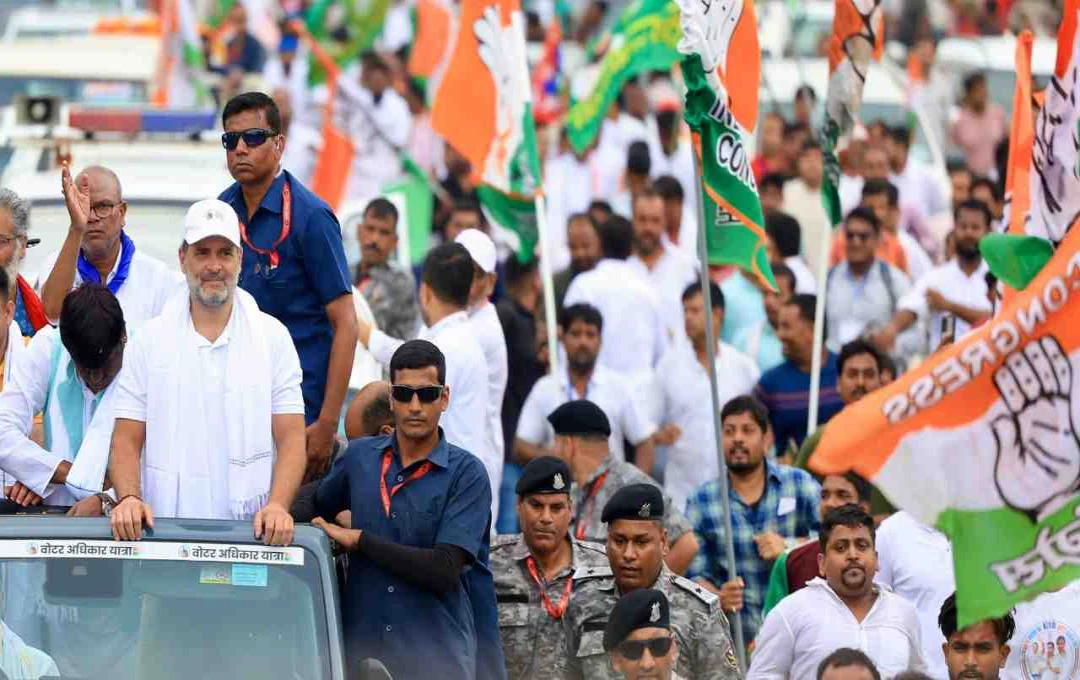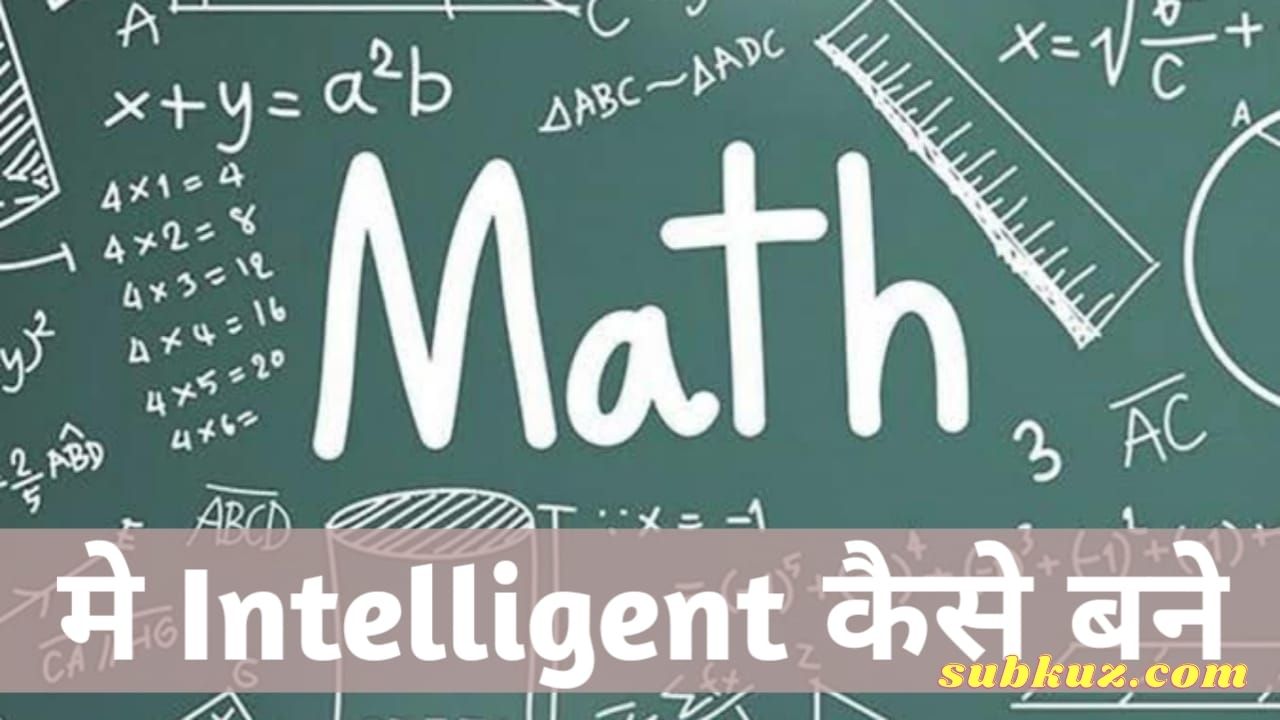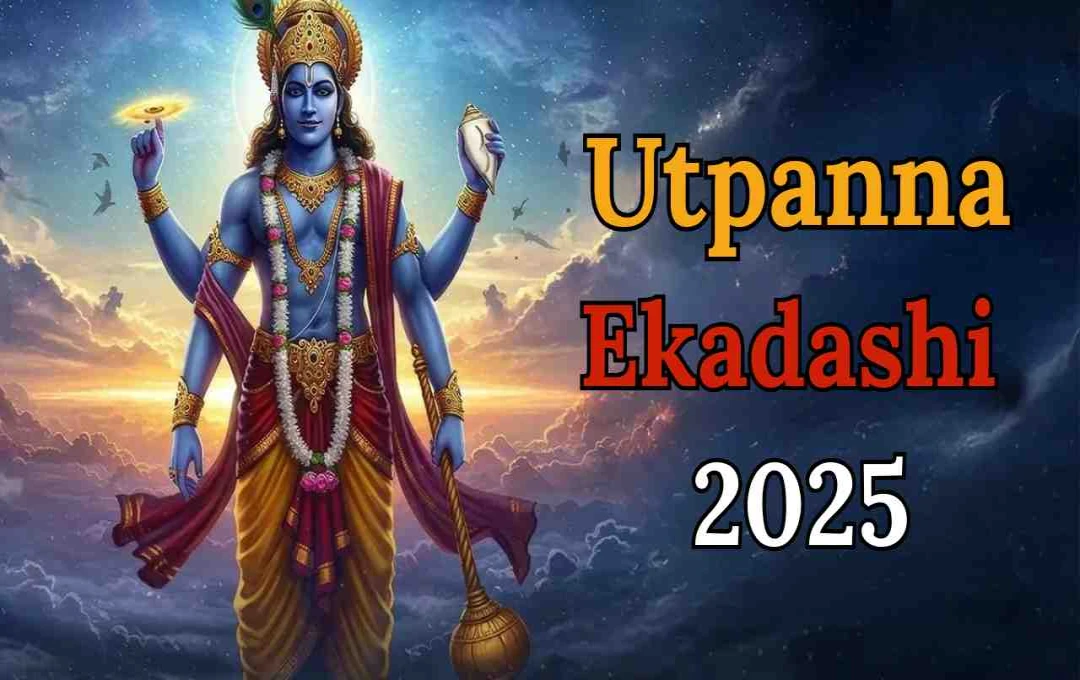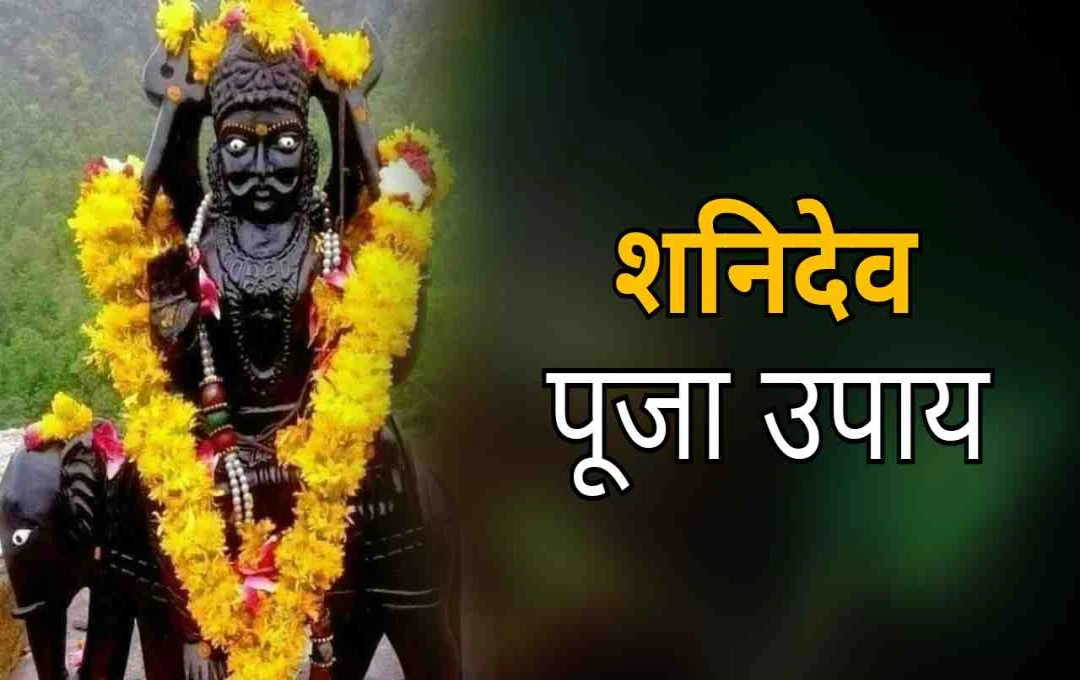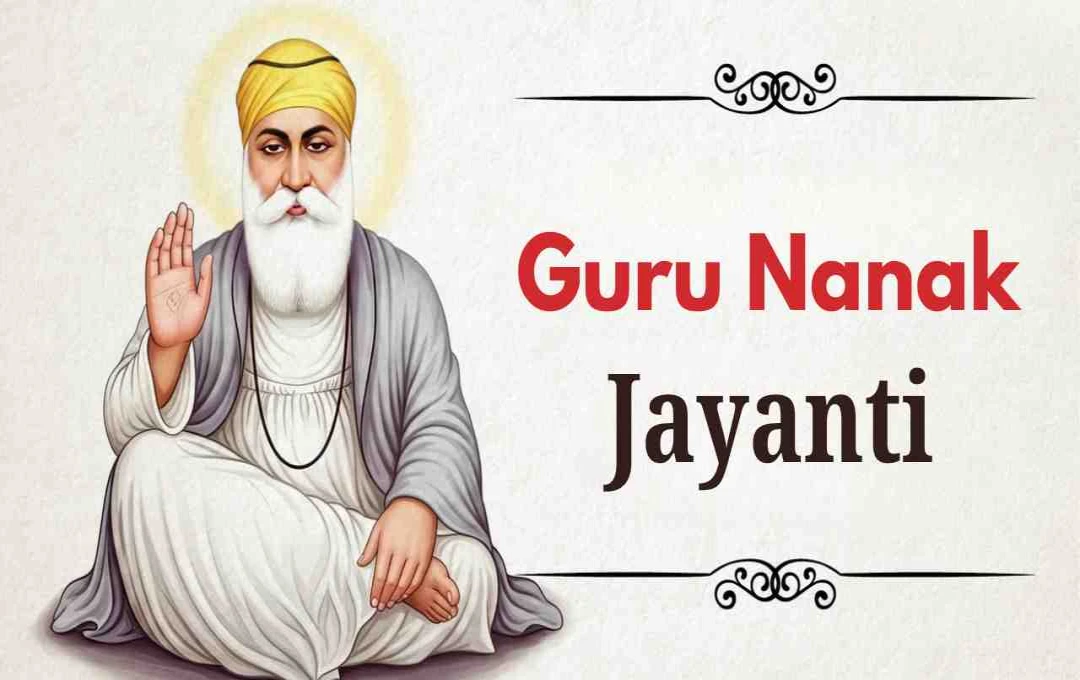Every year on August 15th, the entire nation of India celebrates Independence Day with pride and honor. This day is not just a historical date, but a symbol of the long, arduous struggle for freedom and countless sacrifices. On this day in 1947, India gained freedom from 200 years of British rule. But have you ever wondered why August 15th was chosen as the day for independence? Was it merely a coincidence, or was there a strategy, a historical significance hidden behind it?
August 15, 1947: The Dawn of Freedom, the Ink of Partition
On August 15, 1947, when Pandit Jawaharlal Nehru delivered the 'Tryst with Destiny' speech, while one part of the country was celebrating independence, millions of people were displaced from their homes and on the streets due to the creation of Pakistan. Thousands had already fallen victim to communal violence. Therefore, this day was as glorious as it was painful.
Possible Date of Independence: June 30, 1948
When the plan to make India independent was formulated, the British government's original plan was to grant India independence by June 30, 1948. This day was chosen so that the process of transferring power could be completed gradually and systematically. However, given the increasing communal violence in the country, the Muslim League's demand for a separate nation, and administrative challenges, this date seemed very distant. The British government feared that if India was not granted independence in time, the situation would spiral out of control. In such a situation, the last Viceroy of India, Lord Mountbatten, decided to expedite the process and moved the date of independence forward to August 15, 1947.
Lord Mountbatten's Personal Preference Became the National Date
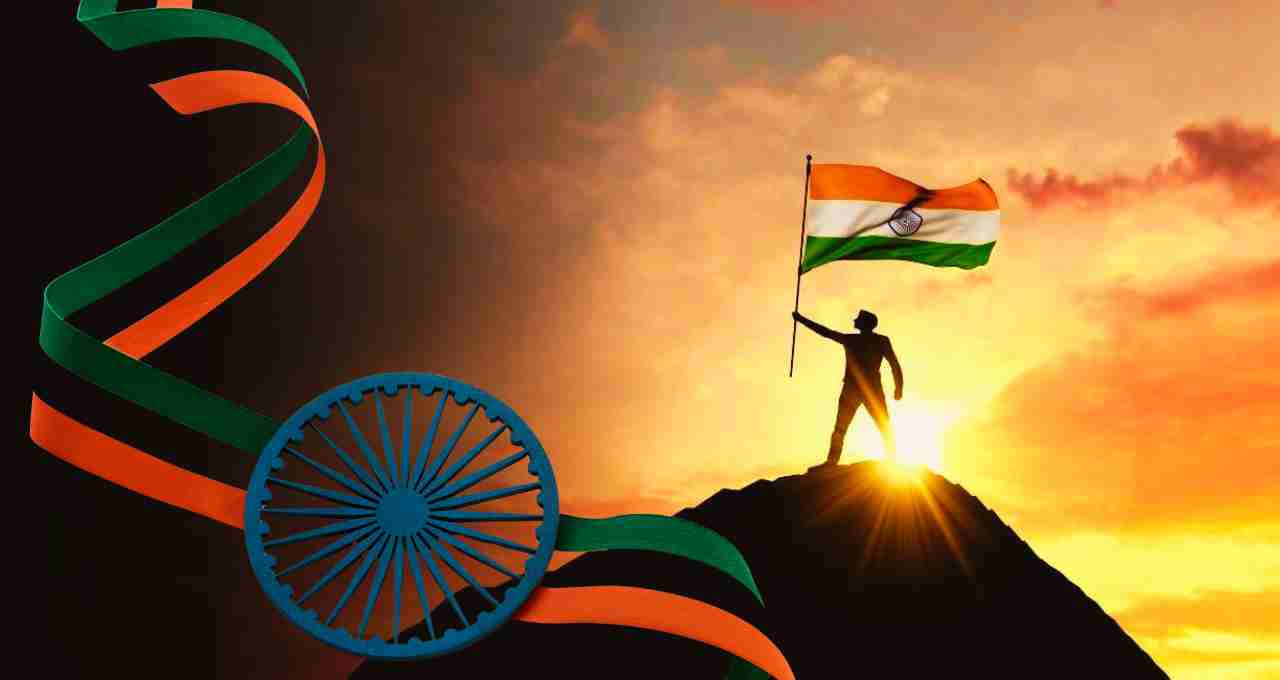
There was also an interesting and personal reason behind Lord Mountbatten's decision. In fact, on August 15, 1945, Japan surrendered in World War II. This day was very special for Mountbatten because he was the Supreme Commander of the Allied forces in Southeast Asia at that time, and he was considered to have played a significant role in the Japanese surrender. In Mountbatten's words, "I don't know why the Indians accepted August 15, but it was a special day for me, and I wanted this date to be immortalized in the history of India." Thus, a personal preference became the most important date in the history of India.
Indian Independence Act 1947
The Indian Independence Bill was presented in the British Parliament on July 4, 1947. It was called the Indian Independence Act, which came into effect from August 15, 1947. Under this act, India and Pakistan became two separate independent nations. India received Dominion status, which meant that India was now independent but the name of the British Crown would formally remain until it declared itself a full republic.
Mahatma Gandhi's Absence: Opposition Hidden in Silence
When the whole country was celebrating independence, the greatest fighter for India's freedom, Mahatma Gandhi, was away from this celebration. He neither attended the independence ceremony in Delhi, nor did he give any speech. Instead, he was engaged in stopping Hindu-Muslim riots in Noakhali (now in Bangladesh). He responded to Nehru and Patel's call, "I cannot celebrate August 15 with joy. I cannot pretend. Unfortunately, the tragedy of partition is associated with independence." For Gandhi Ji, humanity, brotherhood and communal harmony were more important than freedom.
Freedom Achieved at the Cost of Partition
India's independence was a great achievement, but it had to be paid for in the form of partition. Pakistan was created as a separate Muslim nation. Due to this, millions of people had to leave their homes, thousands were killed in riots, and women were subjected to atrocities. This tragedy gave a bitter taste to India's independence. The freedom the country received became a subject of serious introspection and sorrow, more than happiness.
August 15: Not Just a Date, a Symbol of Responsibility
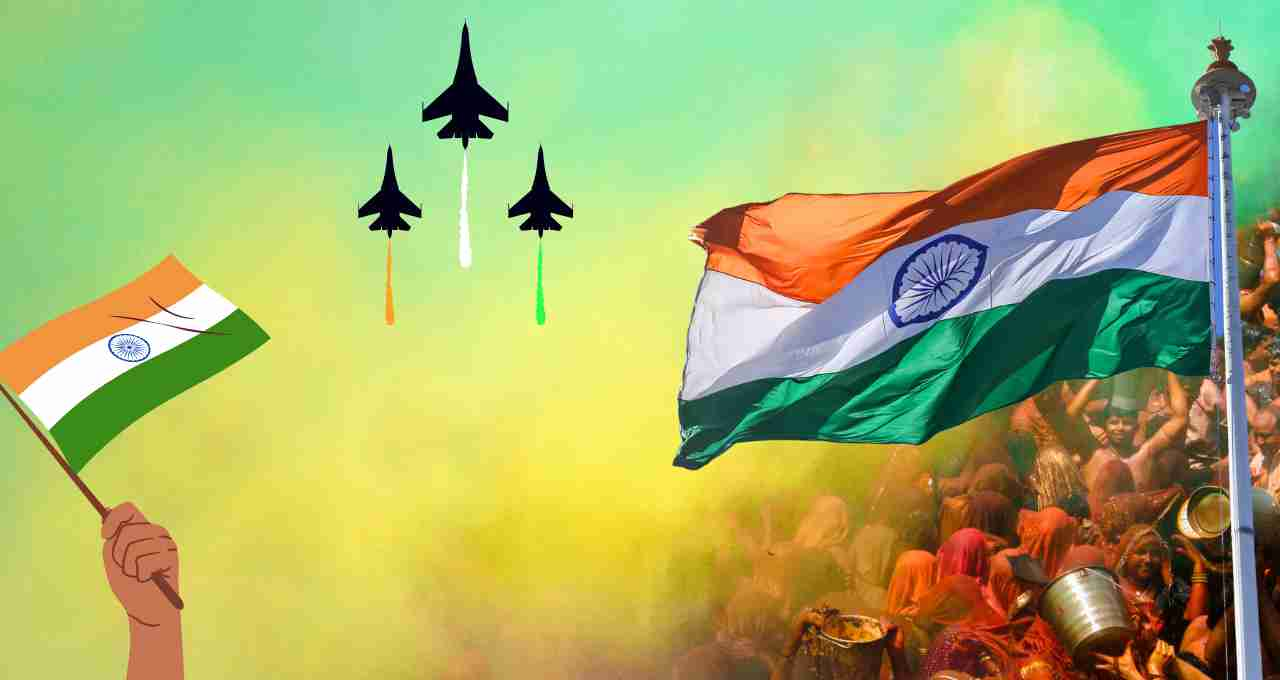
Every year when we hoist the flag and sing the national anthem on August 15, we should remember that this day is not just a celebration, but a reminder of our duties. True independence will be considered achieved only when we are able to eradicate social inequality, discrimination, illiteracy, poverty and injustice.
What is the True Meaning of Freedom?
Freedom is not just the transfer of political power. It means freedom of thought, protection of one's rights, awareness of one's duties, and giving equal opportunities to every citizen. August 15 reminds us that freedom is not a final destination, but a continuous process – a journey that is not complete until every citizen is free, safe and equal.
The selection of August 15 as the date of India's independence was a historical, strategic and personal decision. It was the day when a slave country found the right to write its own destiny. But this day also reminds us of the millions of people who sacrificed their lives so that we can breathe in the open air.
